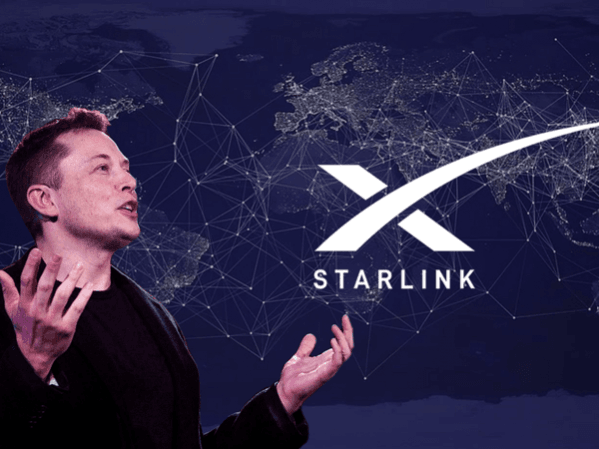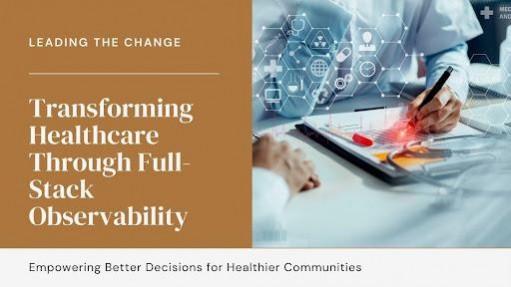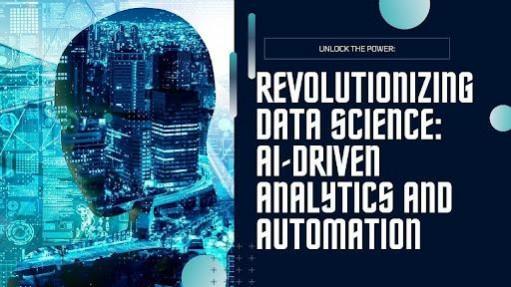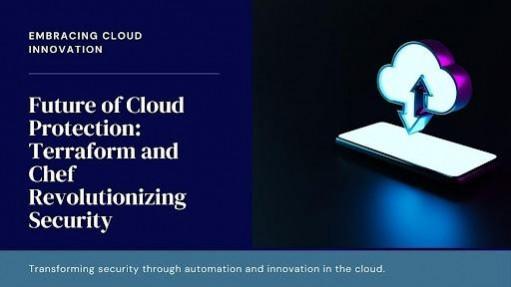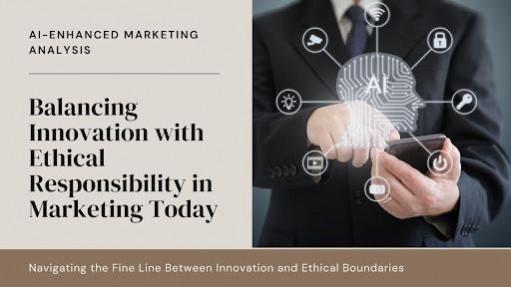In today’s digital era, cloud security stands as a critical concern for organizations embracing cloud computing technologies. Automating the deployment of security infrastructure is essential to ensure consistent and efficient protection across complex cloud environments. In this article, Karthik Jataprole explores the powerful integration of Terraform, an infrastructure-as-code tool, and Chef, a configuration management platform, to revolutionize cloud security automation.
The Growing Importance of Cloud Security
As organizations increasingly migrate their infrastructure and applications to cloud platforms, cloud security has become a critical concern. According to a survey by the Cloud Security Alliance, approximately 93% of organizations express significant concerns regarding cloud security. The complexity of managing security controls across diverse cloud environments demands robust and efficient solutions. This is where automation tools like Terraform and Chef come into play, enabling organizations to implement consistent and effective security practices.
Terraform: Infrastructure as Code
Terraform is an open-source infrastructure as code (IaC) tool enabling users to define and provision resources using a declarative language. It manages infrastructure resources and supports versioning, sharing, and reusing configurations. With its core handling configuration files and providers interacting with platforms like AWS and Azure, Terraform ensures consistent, error-free, and speedy cloud resource deployment.
Chef: Configuration Management
Chef is a powerful configuration management tool that automates server and application deployment, configuration, and management. It manages resources through recipes and cookbooks. Chef’s architecture includes the Chef server (storing data), Chef client (executing recipes on nodes), and Chef workstation (developing cookbooks). This automation ensures consistent configurations, reduces misconfiguration risks, and accelerates deployment and scaling processes.
Integration Strategies for Terraform and Chef
One effective strategy for integrating Terraform and Chef is to use Terraform for provisioning infrastructure resources and Chef for configuring and managing these resources. Terraform’s ability to create and manage resources across different cloud providers, combined with Chef’s focus on software configuration, results in a comprehensive approach to infrastructure automation.
Using Terraform Modules to Call Chef Cookbooks
Terraform modules allow users to encapsulate and reuse common configurations. Creating Terraform modules that utilize Chef cookbooks enables seamless provisioning and configuration of resources. This approach enhances maintainability and simplicity by keeping infrastructure and configuration code together.
Leveraging Terraform’s Remote-Exec Provisioner
Terraform’s remote-exec provisioner allows users to execute scripts or commands on remote resources after they have been created. This can be used to bootstrap a Chef client on a newly provisioned resource and run Chef cookbooks to configure the resource, creating a more seamless integration between Terraform and Chef.
Integrating into CI/CD Pipelines
Integrating Terraform and Chef into Continuous Integration/Continuous Deployment (CI/CD) pipelines automates the entire infrastructure deployment and configuration process. This ensures that infrastructure changes are tested, validated, and deployed consistently and reliably, promoting collaboration between development and operations teams.
Future Trends in Cloud Security Automation
Advancements in declarative security policies, such as policy-as-code frameworks like Open Policy Agent (OPA), enable the codification of security and compliance policies. Integrating these with Terraform and Chef allows organizations to maintain a consistent and auditable security posture across their cloud environments.
The integration of AI and machine learning with Terraform and Chef can enable proactive security automation. ML algorithms can analyze infrastructure logs to identify anomalies and potential security breaches, triggering automated remediation workflows.
As multi-cloud and hybrid cloud strategies become more prevalent, solutions that can manage and secure resources across multiple platforms will be crucial. Terraform and Chef, with their provider-agnostic and platform-independent features, are well-suited for these environments.
In conclusion, the integration of Terraform and Chef provides a powerful approach to automating cloud security infrastructure deployment. According to Karthik Jataprole, organizations can achieve consistent security configurations, reduce manual effort, and maintain compliance with industry standards by leveraging these tools. The future of cloud security automation will be shaped by advancements in declarative security policies, AI-driven proactive security, and multi-cloud solutions, enabling organizations to build secure, resilient, and compliant cloud infrastructures.



